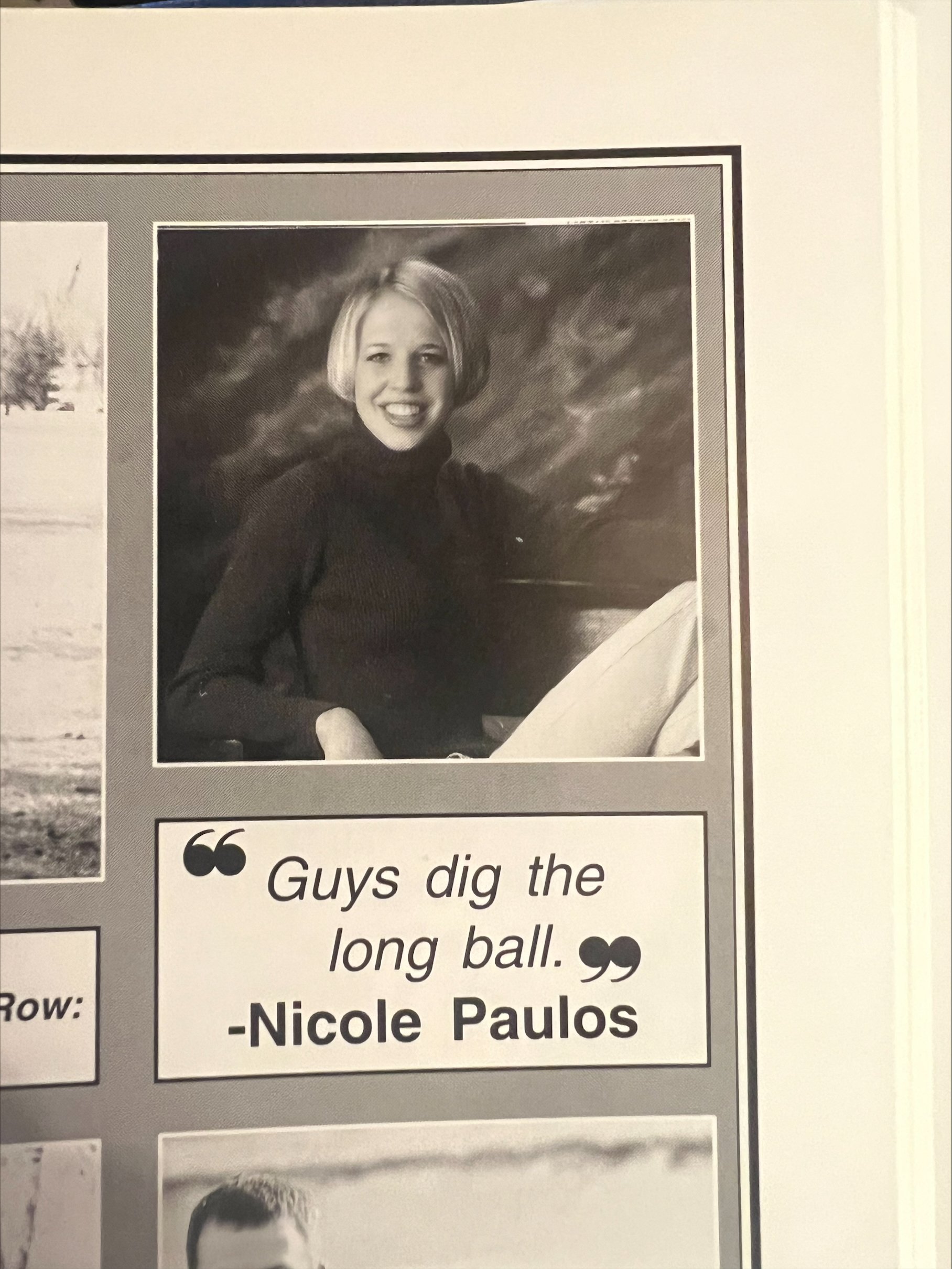Not a Boys' Club: three keys for women's participation in golf
By: Nicole Rutledge, Manager of Course Rating and Finance
I’ve been a part of the Idaho golf community since I could hardly hold a club. My father would bring me along to play nine-holes with him at Jerome Country Club when I was just two years old, and I graduated to playing Idaho Junior Tour golf against other girls my age by the time I was nine. Over the years, golf has continued to find its way into my personal and social life, and today I work for the Idaho Golf Association where I manage course ratings and finance. I can’t imagine my life without this game.
The truth is, not all little girls have a father anxiously waiting to put a club in their hands like me. Many women aren’t presented with the opportunity or resources to play until later in life when the boys-club golf culture can feel intimidating. My childhood on the golf course with my father and brother helped make me comfortable in male spaces, but my life in golf has given me so many of my most cherished relationships with other women who play and love the game. Golf isn’t the boys’ club we imagine it to be.
This past fall, the IGA set a new strategic plan in motion, driven by our mission to enhance, engage and grow the Idaho golf community. One of our priorities in that mission is women’s participation. For women who want to join this family of golfers, and for golfers looking to bring more women into the family, here are my three keys to encouraging women’s participation in golf.
Ask and invite questions
One of the main differences I see with how men and women come into the game is that men are ready to roll with what they think they know; women tend to be much more worried about what they might not know. If you’re new to golf, it can feel like golfers are speaking a different language, and that’s sort of true. We don’t have prices; we have “greens fees.” We don’t have reservations; we have “tee times.” Then there is the pin, the cup, the hole, and the flag — four different words that may or may not mean the same thing.
This is only the tip of the iceberg when it comes to all the weird and complicated things about golf, but I know very few lifelong golfers who have mastered them all. Just last year on a course rating trip I was quickly corrected by one of those few when I referred to a bunker as a “sand trap.” It doesn’t matter how much you already know; everyone is still learning this game. This is why it’s so important to ask questions, and for golfers and industry professionals to be ready and willing to answer them.
Find and build women’s golf communities
The idea that the golf community has more barriers for women than it does for men is too often overstated. There are millions of women golfers all over the world, which means there are plenty of opportunities for women to find community with other women in the game. My advice for women looking to get involved is to go find them. My advice for golf clubs is to broadcast them.
One of the best ways to make asking questions more comfortable for women trying to pick up the game is for clubs and associations to create spaces exclusively for women. The time between golf shot, and the time before and after rounds, are sacred moments to many golfers (I even make sure to leave time for these moments with my course rating crew). These are the moments where golfers trade laughs and stories, share memories and pitchers of beer. When women see women in golf engaging in those moments together, the world of golf seems all the more welcoming.
Don’t be afraid of competition
For women who do find their way into the golf community, too many seem to think that tournament golf is not for them. This could not be further from the truth. I’ve been playing tournament golf since I was nine, and I’ve found that many of those tournament rounds feel a lot more like social rounds than you might think. Golf tournaments, especially at the club level, are all about community — golfers play them to support the institutions that make the game possible, share a day with other people who love the game, and hand out pro shop credit to those who play well. As long as you have a functional understanding of the rules and can get around the course in a timely manner, golf tournaments are for anyone who calls themselves a golfer. Some of my best memories every year come from community golf tournaments; it’s never because of how well I played.
I spend many of my working hours surrounded mostly by men on course rating trips. All of them are committed to making sure that ratings for women are given the same attention to detail as the ratings for men because they understand golf is a game for everyone. But this game isn’t for everyone if the people inside the game don’t reach out to those on the outside. I’m proud to be part of an organization that’s reaching out.


